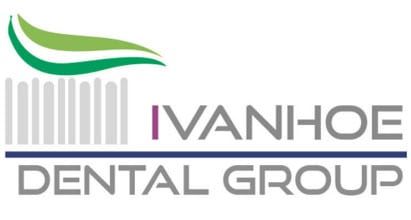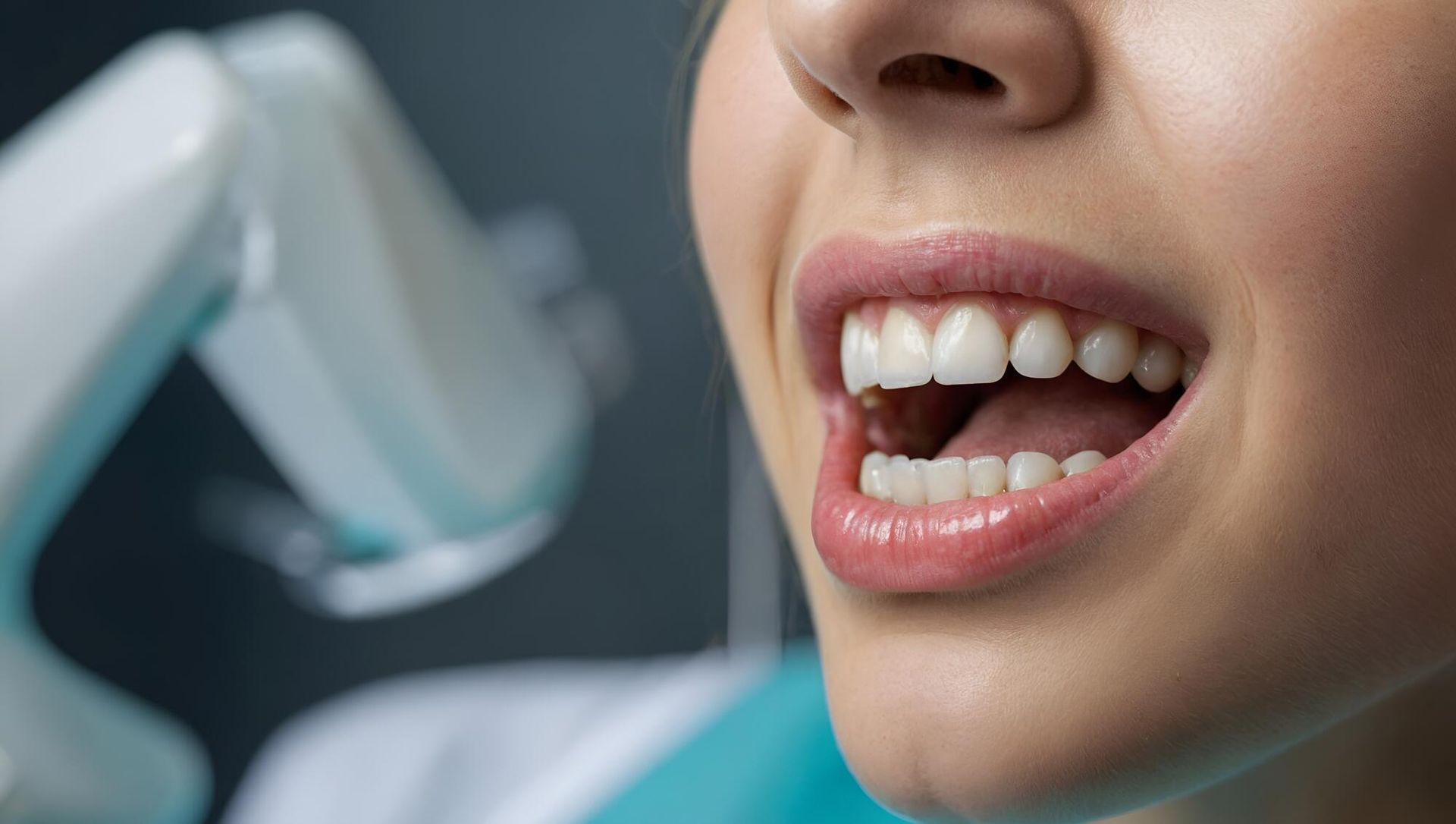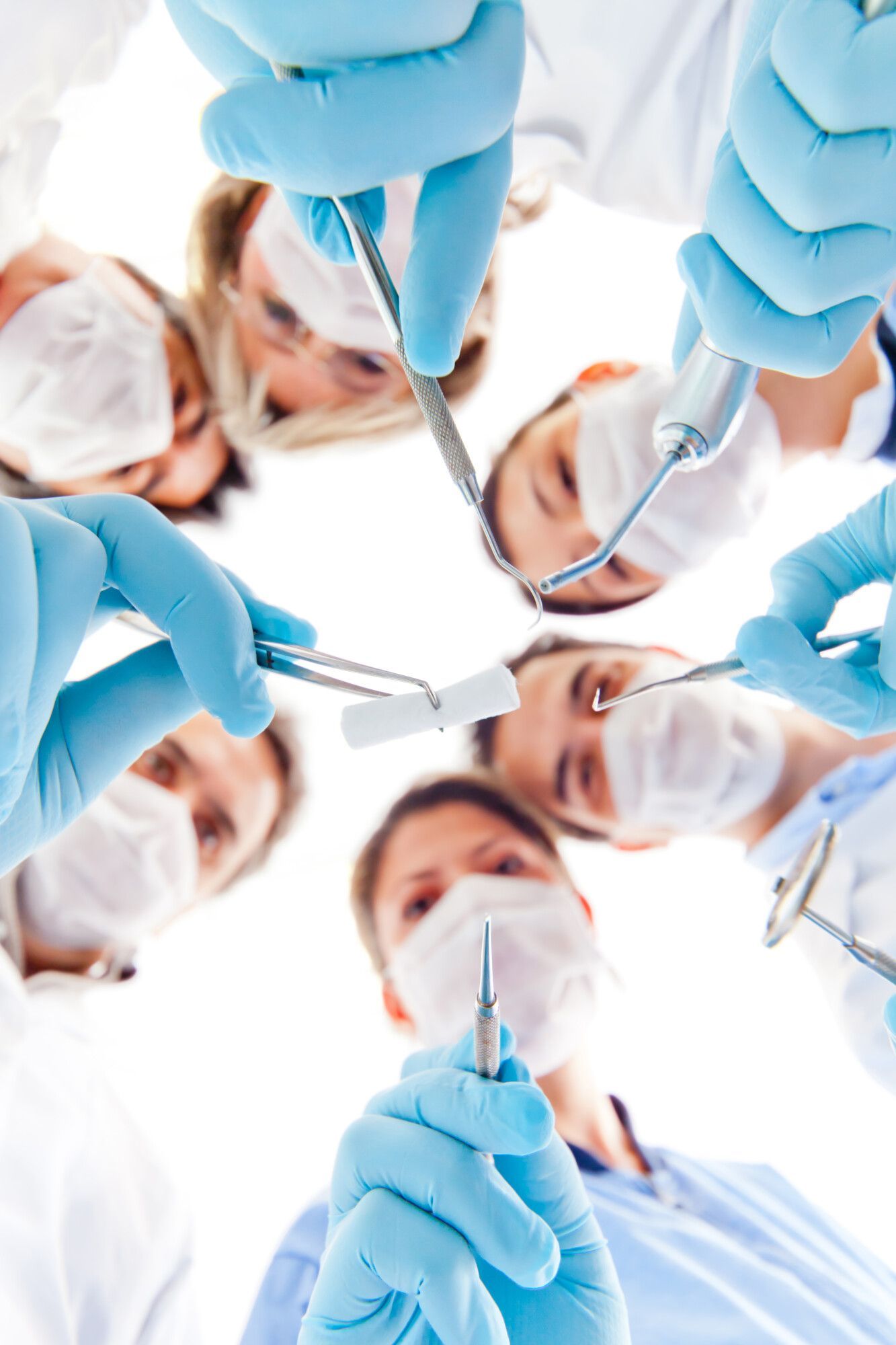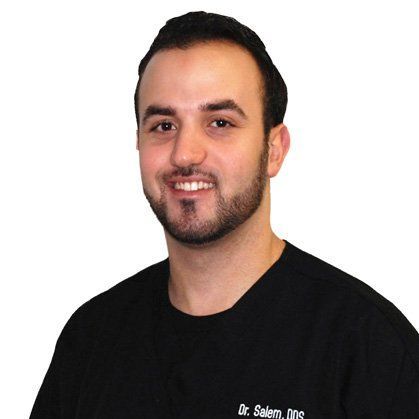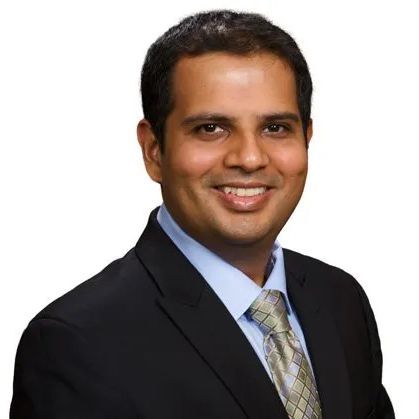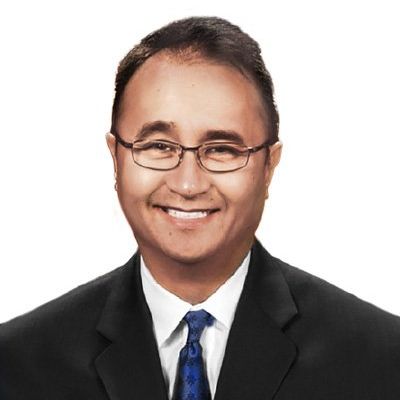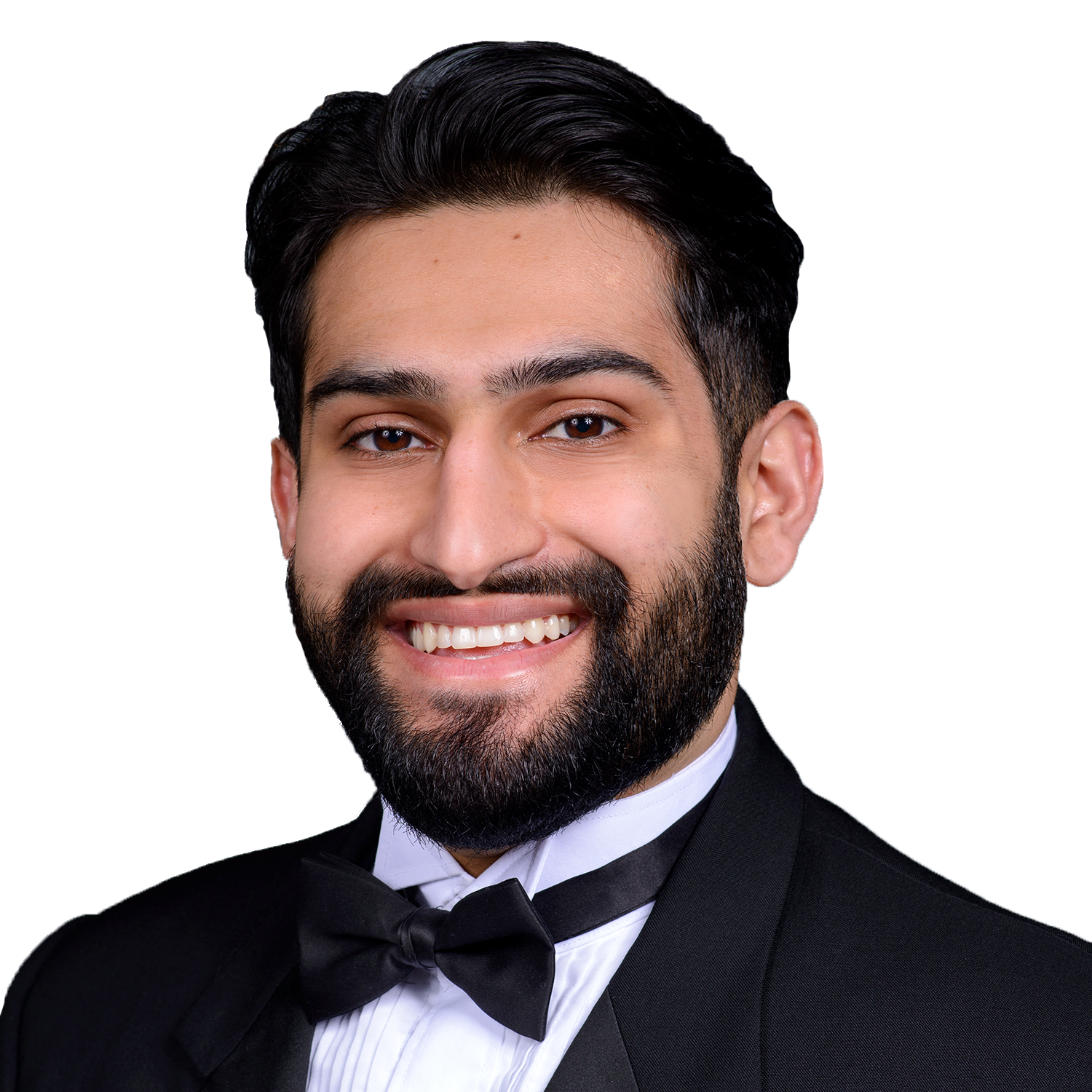Everything You Need to Know About Tooth Extractions
Within America, 75% of adults plan a trip to the dentist over the year. This shows that the majority are concerned about the care of their teeth.
Tooth extractions are a common procedure performed in general dentistry across the country. Want to know when it might be right for you to have a tooth pulled? We're here to tell you all about the process, when it's needed, and how a dentist in Riverdale IL can benefit you.
Keep reading for more.
What Are Tooth Extractions?
A tooth extraction is when a tooth's removed of which there are two forms of procedure:
- Simple
- Surgical
Of all dental procedures, it's generally a quick and easy process. Normally, you're only required to visit as an outpatient, and the tooth's removed in just one sitting. When doing so, the dentist will put you under one of the following types of anesthetics:
- Local
- General
- Intravenous
Whatever one's used will help numb the pain so to make the treatment process as comfortable as possible.
When Are Tooth Extractions Needed?
There are several instances where tooth extraction is necessary. Here, we'll show you what some of the main ones are. That way, you can decern whether a visit to the dentist to have a tooth pulled is right for you.
Tooth extractions are usually required when you're suffering from a:
- Tooth infection
- Decayed tooth
- Broken tooth
- Crack beneath your gums
- Impacted tooth
- Problem with spacing between your teeth, known as crowding
If you're suffering breaks in your teeth, cracks below the gums, or have an impacted or blocked tooth, the surgical option is much more likely to be the correct course of action.
Those with braces may require the removal of one or more teeth. This allows for more room for their other teeth to maneuver correctly and become fixed into the right position.
Patients undergoing chemotherapy may also need teeth removed, or those going through organ transplant treatment so that good dental care is maintained.
How Do You Prepare for a Tooth Extraction?
First, your dentist will perform an X-ray of your teeth. It's important during the initial consultation to inform them about any medications you take or health conditions you have.
Informing About Medications and Conditions
When it comes to medications, this includes any vitamins and minerals you take, over-the-counter drugs, or those prescribed by your doctor.
If you suffer from any of the following issues or diseases, it's also crucial that your dentist knows:
- Heart disease
- Liver problems
- Adrenal issues
- High blood pressure
- Poor immune function
- Kidney disease
It's also imperative that your dentist's informed if you have to take bisphosphonate. This is because it can interfere with the procedure if the tooth gets pulled after taking the medication. Therefore, for the best results possible, the extraction's administered before taking the drug.
Prescription of Antibiotics
In certain cases, antibiotics get prescribed for a few days before having teeth pulled. This is to ensure that complications become avoided at all costs before the procedure. This is especially the case if:
- A lengthy process is due
- Your medical condition or disease is severe
- You're suffering from an infection or low immune function
Other Preparation Advice
You should also bear in mind some more advice for preparation before undergoing treatment. This includes:
- Avoiding smoking
- Advising your dentist if you've got a cold
- Inform your dentist if you're feeling nausea or have experienced vomiting recently
If you're receiving an intravenous anesthetic, it's best not to wear a long shirt to make it easier for your dentist to administer the injection. You should also not have food or drink for between six and eight hours leading up to the procedure. Ensure you also have a lift arranged since you might not feel up to driving home after, however, any side effects experienced are generally minor.
What Is the Process of a Tooth Extraction?
Simple and surgical tooth extractions involve different procedures. It depends upon whether your tooth is visual to the dentist or if it's blocked by their view.
Simple Tooth Extractions
Simple tooth extractions get performed when the dentist can see the tooth.
A local anesthetic gets given in this case to numb the tooth that's pulled. While you will still feel some compression, it's often not painful. An elevator is then used so that the tooth becomes loose before it's removed.
Surgical Tooth Extractions
Surgical interventions, on the other hand, are required when one isn't able to carry out the procedure with the usual equipment necessary.
Either a local or intravenous anesthetic gets given most often here, however, a general one's rarely given when you've got a certain medical condition. If a general anesthetic gets administered, you will remain passed out during the procedure. Then, you'll not experience the pain throughout, although a slight level is at times felt after waking, which is normal and nothing to worry about.
A slight incision is made to the area of the gum surrounding the tooth that's extracted. But some bones may require removal sometimes before the procedure becomes performed.
How Long Does It Take To Recover From a Tooth Extraction?
The recovery process is generally very fast, with it generally taking just a couple of days. Here are some tips to help it run as smoothly as possible:
- Place an ice pack on the cheek of the impacted area to lower the swelling
- Use painkillers as prescribed
- Rest well for the day following the procedure
- Avoid rinsing your mouth for the first day, or spitting if possible
- Once more, try not smoking at all
- Brush, but avoid doing so in and around the area of the extracted tooth
Choose Our Top-Quality Dentist for Your Tooth Extractions
Tooth extractions are a dental procedure required when decay, infection, or cracks in the teeth are made. We've shown you when a tooth extraction is needed and the procedure that's involved.
Why not have your dental work done by our expert team with over 60 years in the business?
Make an appointment with us in Riverdale IL today! We're here for all your dental care needs.
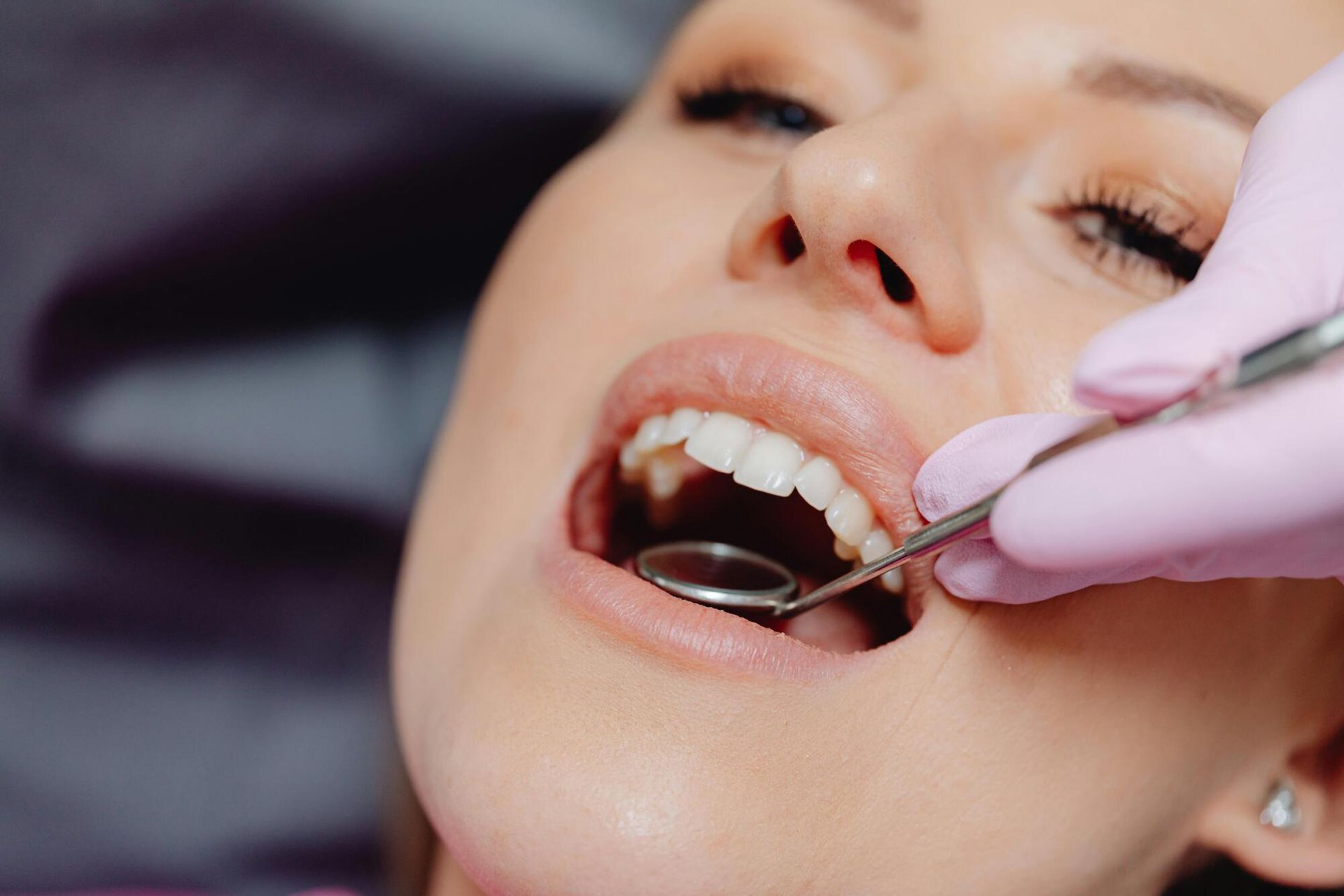

Dr. Munther Salem
D.D.S
Dr. Munther Salem grew up in the Southwest Suburbs of Chicago. He received his Bachelors of Science degree in Biology from Benedictine University. He then attended the University of Illinois at Chicago School of Dentistry, where he earned his Doctor of Dental Surgery degree. Dr. Salem is an active member of the American Dental Association, Chicago Dental Society, and Illinois State Dental Society. Dr. Salem has also been on two medical mission trips to Jerusalem treating special needs children. Dr. Salem enjoys traveling and spending time with his wife and daughter. Dr. Salem is happy to be back in the South Suburbs where he grew up to provide excellent patient care to the Ivanhoe Family.
Dr. Monil Shah
D.D.S
Dr. Shah completed his dental education at Boston University School of Dental Medicine and has been practicing dentistry since 1999. In the years since, he has devoted himself to creating an environment in which patients know they are welcome as soon as they walk in the door. He is focused on providing excellent dental care and helping patients stay comfortable throughout their visits. Dr. Shah believes in giving patients the time to ask questions about their health and providing them with knowledgeable answers.
Dr. Janani Gurukkal
D.D.S
Dr. Gurukkal is new to the windy city and excited to join the Ivanhoe team. She was born and raised in Nashville, TN. She received her Bachelors of Science in Kinesiology from the University of Kentucky. She then pursued her Doctor of Dental Medicine at the University of Louisville. After graduation, she completed an Advanced Education of General Dentistry residency at A.T Still University in Arizona. Dr. Gurukkal has always had a passion for healthcare. She understands the importance of oral health and how it can have a profound impact on your overall health. She enjoys taking her time to get to know her patients in order to provide them with the highest quality of care. Her goal is to create an environment where patients can feel safe and comfortable to get the treatment they deserve. Dr. Gurukkal is an active member of the American Dental Association, Illinois State Dental Society, and Chicago Dental Society. She devotes her time to continuing education in order to stay current with the latest advancements of dentistry.
Outside the clinic she has spent time volunteering in her local community as well as abroad. In her free time, Dr. Gurukkal loves traveling and spending time with her family.
Dr. Ken Arrietta
D.D.S
A firm believer in patient education, Dr. Arrieta is a specialist in periodontics, the treatment of all the supporting structures of the teeth, including the gums, and the placement of dental implants. Dr. Arrieta’s skills enable many patients to complete their entire treatment plans at our location, avoiding the necessity of being referred to another office.
After completing his undergraduate studies at Loyola University, where he also made the Dean’s List, Dr. Arrieta earned his Doctorate of Dental Surgery at Northwestern University School of Dentistry. He continued his advanced specialist training at the University of Iowa where he received his Certificate in Periodontics.
Dr. Ravneet Bhullar
D.D.S
Dr. Ravneet Bhullar grew up in the heart of Atlanta, Georgia. He received his Bachelors of Science degree in Biology from the University of Georgia. Go Dawgs! Soon after Dr. Bhullar earned his Doctor of Dental Medicine degree from the University of Louisville School of Dentistry. Dr. Bhullar is an active member of the American Dental Association, Chicago Dental Society, and Academy of General Dentistry. Dr. Bhullar loves helping his patients' smile and helping them to maintain their oral health. When Dr. Bhullar is not in the office, he enjoys traveling to new places and spending time with his fiancée and their lovely cavalier poodle named Bean. Everyday Dr. Bhullar looks forward to learning more about his patients and providing them with all their dental needs!


